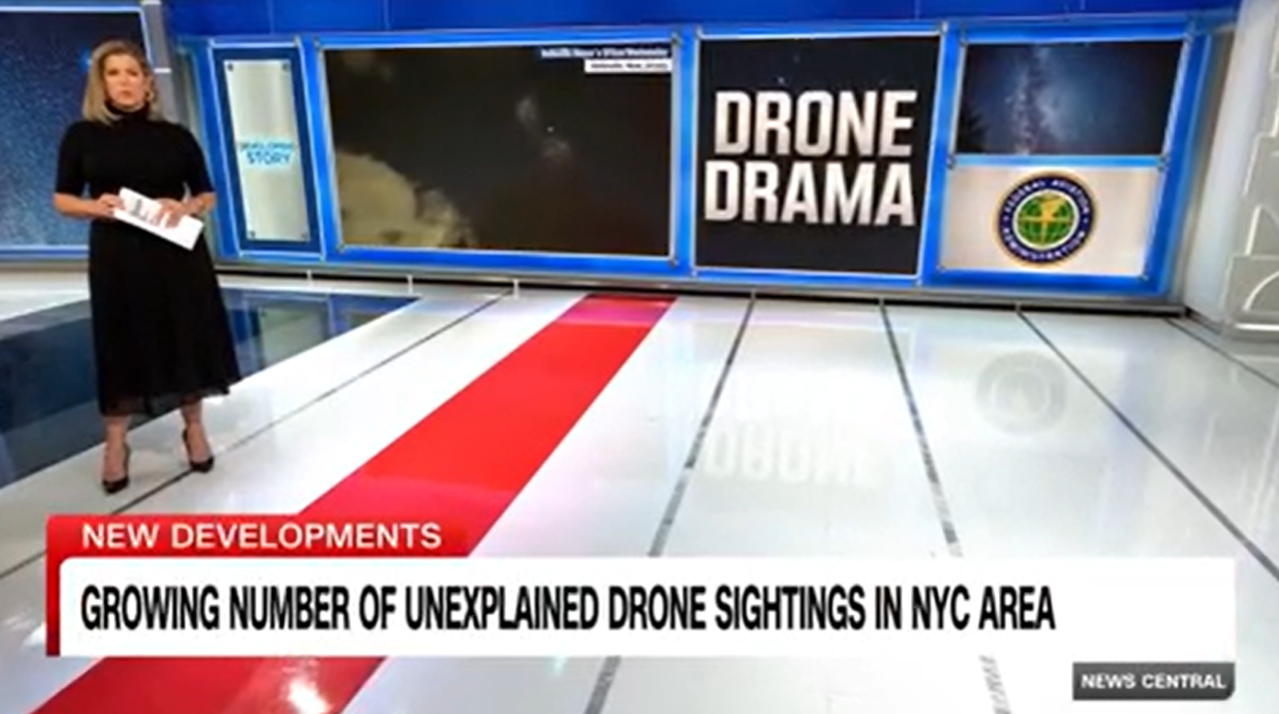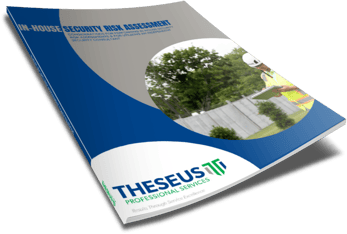
Recent reports of drone sightings in New Jersey have brought increased attention to unmanned aerial vehicles (UAVs) in both public and private sectors. While concerns about unauthorized drone activity are valid, it's equally important to recognize how drones, when used properly, can enhance security operations and facility protection strategies. This article focuses on the positive applications of drone technology, particularly in strengthening security programs through improved surveillance, rapid response capabilities, and cost-effective operational enhancements.
Physical security strategies and technologies are constantly evolving, and security professionals are continuously seeking new and innovative ways to improve their guard tour plans to ensure their facility is properly secured.
One technology that has gained significant attention in recent years is drones. Unmanned aerial vehicles have proven to be valuable tools in various industries, and when properly integrated into guard tour plans, they can revolutionize the way security teams protect facilities.
Let's explore several reasons we consider incorporating drones into our clients' guard tour strategies...
 Enhanced Surveillance Capabilities
Enhanced Surveillance Capabilities
Drones offer unmatched surveillance capabilities, enabling security teams to monitor large areas efficiently and effectively. Unlike conventional security cameras, which are fixed in position or offer only a pan-tilt-zoom capability from a fixed position, drones can cover vast distances and provide real-time footage from multiple angles. By equipping drones with high-definition cameras, security teams can identify potential threats, unauthorized access, or suspicious activities in a timely manner based on the guard tour plan or on an alarm condition. This increased visibility significantly improves ground-force response times, ensuring a proactive and comprehensive approach to security.
Cost-Effective Solution
Traditional guard tours often require a significant number of human resources, with security personnel moving from location to location on a scheduled basis. By integrating drones into the strategy, security teams can optimize resource allocation and reduce costs. Drones can autonomously patrol pre-determined routes, capturing video and collecting data without the need for continuous human presence beyond the SOC. This allows security personnel to focus on critical tasks, while drones handle routine patrols, effectively reducing labor expenses without compromising security standards.
Rapid Response and Mobility
One of the key advantages of drones is their ability to quickly respond to security incidents based on alarm activity. When an alarm is triggered or an anomaly is detected, drones can be deployed rapidly to assess the situation and provide real-time updates to security personnel at the SOC or to facility management. Drones can navigate obstacles and reach inaccessible areas, such as rooftops or remote corners of a facility, within minutes. This agility ensures that security teams can obtain a comprehensive view of the situation, make informed decisions, and deploy resources effectively, ultimately improving overall emergency response times.
Deterrence and Situational Awareness
The mere presence of drones can serve as a powerful deterrent against potential threats. Knowing that a facility is under aerial surveillance creates a psychological impact on would-be intruders, dissuading them from attempting unauthorized access. Drones can also enhance situational awareness by providing security personnel with a broader perspective of the facility, identifying vulnerabilities, and enabling more effective security planning. This holistic view allows security teams to proactively address weaknesses and implement appropriate measures to mitigate risks.
Documentation and Data Collection
Accurate documentation is crucial. Drones equipped with cameras and sensors can gather valuable evidence, capture detailed images, and record video footage of incidents or suspicious activities. This documentation can be instrumental in investigations, legal proceedings, or insurance claims. Furthermore, the data collected by drones during guard tours can be analyzed to identify patterns, improve security protocols, and identify areas for optimization. This data-driven approach enables security professionals to make informed decisions and continually enhance their guard tour plans.
Incorporating drones into guard tour plans can provide physical security professionals with a range of benefits. From enhanced surveillance capabilities and cost-effective resource allocation to rapid response times and improved situational awareness, drones offer a technological edge that can significantly augment the effectiveness of security operations. As the field of physical security continues to evolve, embracing drone technology as part of guard tour strategies is a forward-thinking approach that will help professionals stay one step ahead in protecting their facilities.
When it's time to take a fresh look at your security program strategies, from both a technical and procedural perspective, be sure to consider Theseus Professional Services for expert, credentialed security consultation and engineering.
PRO TIP:
FREE DOWNLOAD: SECURITY RISK ASSESSMENT CONSIDERATIONS GUIDE
 Security professionals are constantly looking for innovative ways to secure their facility and provide a safe environment within their budget. And, they are also constantly looking for resources to help them achieve that mission while expert advice is hard to come by.
Security professionals are constantly looking for innovative ways to secure their facility and provide a safe environment within their budget. And, they are also constantly looking for resources to help them achieve that mission while expert advice is hard to come by.
Fortunately, we have released a considerations guide that will help security professionals perform their own in-house security risk assessment.
What's Inside?
This guide is intended to assist you with performing an in-house physical security risk assessment. In many cases, assistance from a third-party expert, like Theseus Professional Services, is required.
Identification of missing or inadequate physical security measures that safeguard assets (people, property, and information) and critical business functions is of paramount importance. The findings of a security risk assessment are used to measure and communicate the level of risk to the organization.
- Process Evaluation
- Threats
- Vulnerability Assessment Highlights
- Electronic Security Systems Considerations
- Site Considerations
- Building Entrances and Exits
- Common Functional Areas
- Building Envelope
- Utilities and Building Services
- Building Systems




